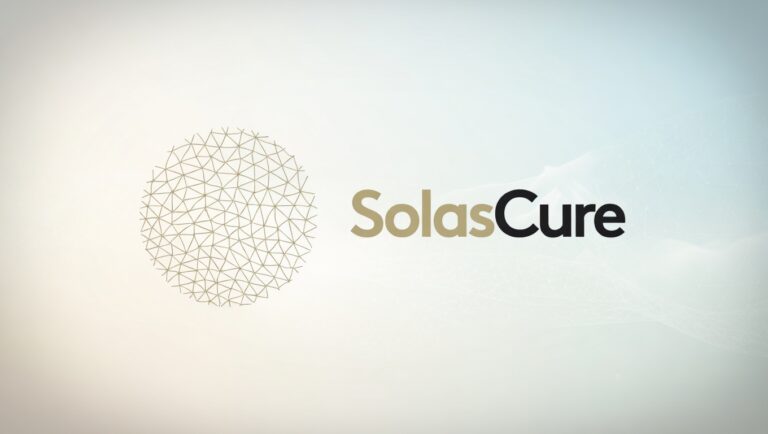
Delcath Systems, Inc. (Nasdaq: DCTH), a company specializing in interventional oncology for treating liver cancers, announced the publication of a clinical study in the journal Therapeutic Advances in Medical Oncology. The study, titled “Melanoma-specific survival of patients with uveal melanoma and liver metastases diagnosed between 2005 and 2021,” was conducted independently by researchers at the University of Tübingen, Germany. The findings show that first-line liver-directed therapies, including Delcath’s CHEMOSAT® Hepatic Delivery System, significantly enhance melanoma-specific survival (MSS) in patients with liver metastases from uveal melanoma, compared to first-line systemic therapies.
Key Findings from the Study:
- Improved Survival with Liver-Directed Therapies: The study analyzed 167 patients diagnosed with metastatic uveal melanoma between 2005 and 2021. Among those receiving first-line liver-directed therapy (N=89), the median melanoma-specific survival (MSS) was 28 months, compared to 10 months for patients who received first-line systemic therapy (N=45).
- Better Outcomes Over Time: Patients diagnosed with liver metastases between 2016 and 2021 (N=56) and treated with first-line liver-directed therapy, including CHEMOSAT, had a median MSS of 30 months. In contrast, those diagnosed between 2005 and 2015 (N=33) and treated with first-line liver-directed therapy had a median MSS of 20 months. During 2005-2015, 33 patients received liver-directed therapy, with 8 using CHEMOSAT. Between 2016-2021, 56 patients received liver-directed therapy, with 30 treated with CHEMOSAT.
Dr. Vojislav Vukovic, Chief Medical Officer of Delcath Systems, remarked, “The findings from this independent study reinforce the critical role of liver-directed therapies, including our CHEMOSAT system, in treating patients with liver metastases from uveal melanoma.”
About Delcath Systems, Inc., HEPZATO KIT, and CHEMOSAT:
Delcath Systems, Inc. is focused on the treatment of primary and metastatic liver cancers through interventional oncology. Their proprietary products, HEPZATO KIT™ and CHEMOSAT Hepatic Delivery System, are designed to deliver high-dose chemotherapy to the liver while minimizing systemic exposure and related side effects.
In the U.S., the HEPZATO KIT is a combination drug-device regulated by the FDA. It includes melphalan and Delcath’s Hepatic Delivery System (HDS), which isolates hepatic venous blood from the systemic circulation and filters it during melphalan infusion. This approach allows for targeted delivery of high doses of melphalan to the liver, potentially reducing systemic toxicity and achieving a meaningful tumor response. HEPZATO KIT is approved in the U.S. for treating adult patients with metastatic uveal melanoma with unresectable liver metastases involving less than 50% of the liver, and certain resectable or radiatable extrahepatic diseases.
In Europe, the device-only version of HDS is approved as a Class III medical device under the name CHEMOSAT Hepatic Delivery System for Melphalan, used for percutaneous hepatic perfusion procedures to treat various liver cancers at leading medical centers.




